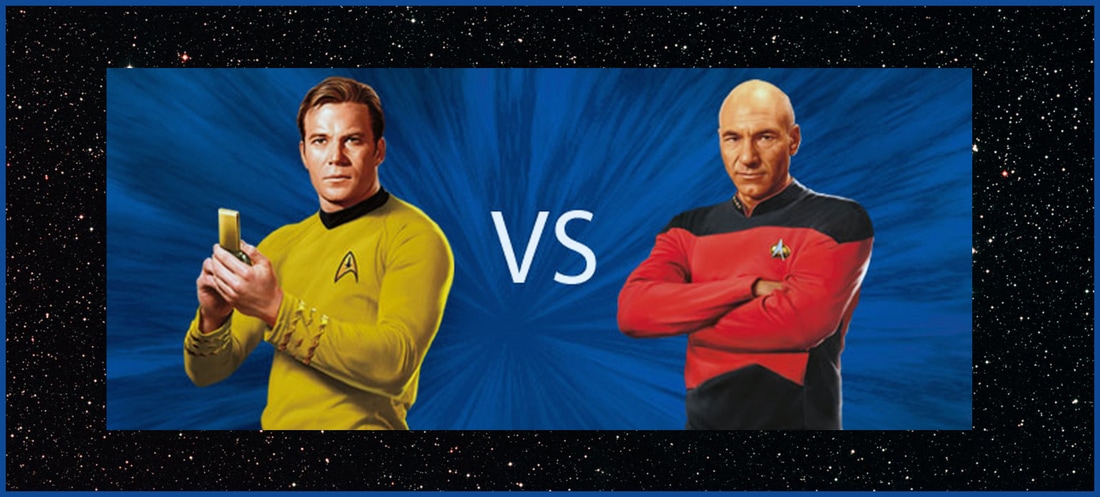As fans of All Things SciFi, we all have something to say about our favorite shows, our beloved actors and actresses, and even individual episodes or stories that may touch, confound, or even infuriate us. As I’ve said many times in these pages (and practically at every opportunity I get), I’m no fan of actor Matt Damon: this doesn’t mean I’m automatically predisposed to hate his work but instead it means I’m probably not going to “get around” to his projects as quickly as I am other talent whom I also follow. (Confession time: I’ve never seen We Bought A Zoo, nor will I, so you can make peace with that right now.) There’s nothing wrong with Matt as an actor; I happen to disagree with society and don’t find him a particularly compelling Thespian. And when I suspect that many other actors can accomplish the same thing he did with a particular role, then I often diverge from the mainstream and strike out my own opinion on other elements of a project, employing the Golden Rule to always find something positive to say about it.
Simply put, it works like this:
I think Captain Kirk was the better leader, and I’d follow him anywhere. (Yes, even if I wore a red shirt!) He inspired confidence with his bravado, and he was never afraid to mix it up physically when and if the situation required it. To me, Picard (by contrast) was simply too stuffy, a perfectionist shackled by stories requiring a ‘manager’ more than a leader. Kirk’s tales legitimately ‘explored strange new worlds,’ while Picard’s presented ‘the problem of the week’ that his committee would discuss, hash out, and reach a consensus around the best course of action. As characters, both are products of their respective generations, and I guess I more closely align psychologically to former than I do the latter.
Now, I am neither right nor wrong because mine is only my opinion. And because it’s only an opinion, you’re free to disagree with it all you like. Heck, I often encourage readers to do so, especially on these pages, as that helps make me a better thinker as I get to digest some input other than my own. (Never let it be said that blogging can’t be a respectable community effort.)
However, because you may find a certain program near perfection doesn’t automatically translate that I should much less that anyone should. The nature of storytelling is that it connects with each of us on some individual level, and for that reason what it means to you isn’t necessarily what it means to anyone else. This doesn’t even imply that the program might be flawed in any regard; it just means that so far as this guy is concerned it failed to break through to the point that I feel I have anything further to say. I don’t wish it ill; I don’t wish it canceled; but nor am I going to wish I felt what you did. That’s impossible as I’m not you, you have enough walking to do in your own two shoes, and this big ol’ Blue Marble is big enough for us to have two different opinions.
A good show can have a bad episode just as easily as an inferior program can produce moments of sheer, unadulterated brilliance. A great actor can give an awful performance (again: Matt Damon) just as possibly as a mediocre player can steal a scene without a moment’s notice. That is the very nature of art and how it connects: one never knows from where greatness comes, but it’s incumbent upon each and every one of us to champion it when and where we find it. And responsible critics will take a few extra words to even tell you “why” something might just be worth your time.
Largely, that’s what I do here on the pages of SciFiHistory.Net or on my Twitter feed or in my life-at-large: I cheer what I believe deserves my cheer. Nothing more, nothing less.
So don’t be put off if in my travels or our shared discourse when perhaps I don’t cheer for your favorites as they simply might not be mine. Doesn’t mean I’m not entitled to an opinion on them. Doesn’t mean I’m not entitled to sound off on them. Doesn’t mean I hope they fail ‘cause that I rarely do. My take has always been “the more SciFi and Fantasy out there, the merrier we all are,” and it probably always will be.
One could argue that blind allegiance to any particular property is exactly what brought us epic storytelling failures (my term, not yours) like Star Wars: Episode I – The Phantom Menace, a sentiment some would happily apply to the entire Star Wars Prequel Trilogy. (My two cents? Each of the pictures had something of merit or told me something just interesting enough about that universe for me to forgive it, though I’ll admit I haven’t been able to stomach a second viewing of Star Trek: Nemesis or Star Wars: Episode VII – The Force Awakens as they both disappointed me too greatly.) I don’t always actively think about what I’m watching, but I do try to think about them so that I’m not blind to performances, morals, or themes ‘cause that’s just the way I’m wired.



 RSS Feed
RSS Feed